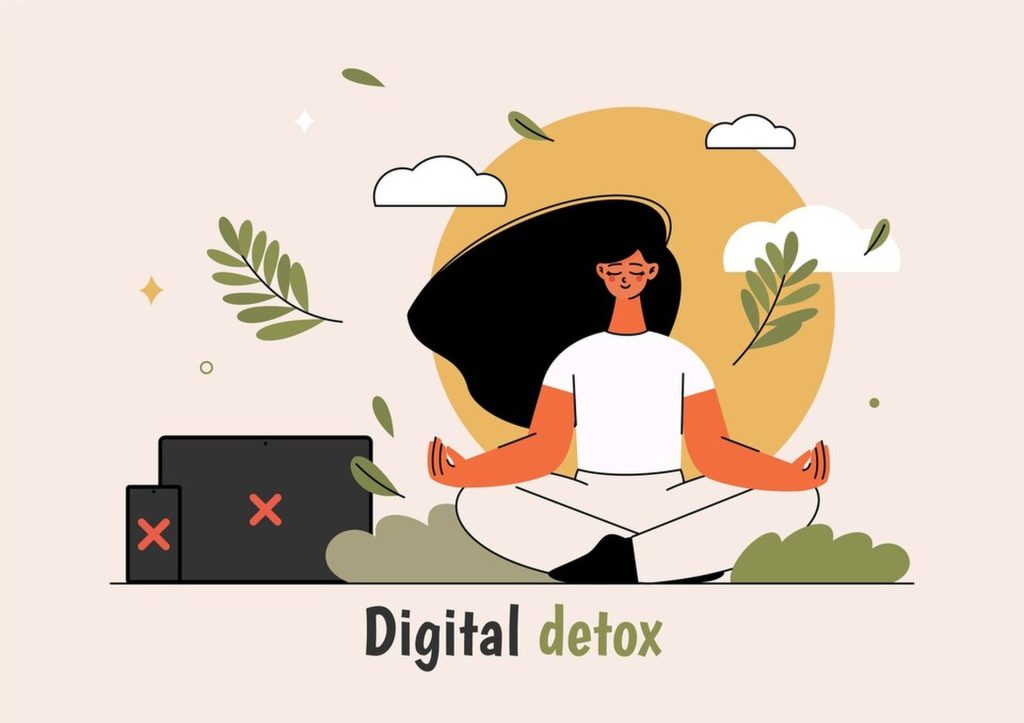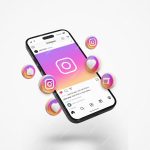I think going offline for a week feels impossible now. But sometimes too much screen time overwhelms us. This article explains how I successfully did a digital detox. You will also learn helpful tips for starting your own detox and what changes to expect.
The Preparation: Planning a Week Without Devices
Taking a break from all gadgets needs proper planning. I decided on one full offline week. No phones, laptops and social media were allowed which felt hard to imagine. I had to think well about every scenario to prepare.
I first informed friends and family about my decision. This step was crucial so they would understand why I might not reply. I also let my work colleagues know to avoid unnecessary issues or confusion later on. Communication helped me feel more confident about unplugging.
Next I gathered all the offline resources I thought I needed. Books, journals , puzzles and outdoor activities basically became my priorities. I made sure my schedule was filled with meaningful alternatives. Having backup plans helped avoid boredom and frustration during my detox.
Finally, I set clear rules for myself. I switched off notifications and placed devices in a drawer. I told myself no cheating was allowed. Committing fully made me feel motivated, even though I was a bit nervous whether I could really stick to this plan till the end.
Overcoming the Initial Anxiety
The first day of my detox felt the hardest, I must admit. I constantly felt the urge to check my phone. I kept thinking, what if I miss something really important or urgent? But that did not happen, thankfully.
I started feeling restless, unsure what to do without scrolling. Time passed really slowly and I kept on getting distracted. Sitting still without swiping felt strange. My brain was constantly imagining all the things online I was missing out on.
To stay occupied, I went for a long morning walk. Fresh air and nature calmed me down a little. Moving outdoors reminded me how enjoyable life is without screens. It gave me some distraction from those constant nervous thoughts.
Later in the day, journaling and doodling distracted me further. I reflected on what I typically do online and why I overuse gadgets. Writing my thoughts became a surprising stress reliever. Though still anxious I noticed peace moments growing over day one.
Rediscovering Hobbies and Passions
Without devices I had way more free time than ever. There was nothing online to fill my day. I decided to finally go back to some old hobbies, the ones I had forgotten. And I started doing new activities I usually put off.
- I picked up my old guitar and practiced playing. Music has always made me happy.
- I began reading an actual physical book, not an e-book. Turning pages felt oddly satisfying.
- Gardening actually became part of my daily routine. Taking care of plants basically gave me a peaceful feeling.
- I think I started writing essays and short stories again. Creativity flowed much better offline.
- I joined a local yoga group. Exercising daily helped me feel kind of active and calm.
Trying hobbies reminded me how much I think I missed them. They kind of made my days feel more productive and happy. If not for the detox, I might never have started them again. These activities brought back a sense of fulfillment I had lost.
The Role of Mindfulness in a Digital Detox
One big lesson from the detox was understanding mindfulness. This practice made me realize how often I ignored the present. Living moment-to-moment consciously became part of my daily life that week.
I practiced mindfulness when eating meals slowly without distractions, savoring every bite fully as it happened. This changed my relationship with food. I also paid close attention to tasks like cleaning or cooking. Everyday activities suddenly felt more meaningful and, strange as it sounds, enjoyable.
For me nature walks became kind of more than exercise. I observed the bird’s breeze, sunlight and calmness around me. Though simple they felt peaceful and actually fulfilling moments. I took breaths paying attention to my heartbeat and lungs.
Through meditating I basically cleared out many random thoughts. Just breathing helped kind of center my emotions. Mindfulness teaches that life is about small moments. Ignoring them for screens takes away much of its beauty.
How My Relationships Improved Without Screens
With screens gone, I began paying real attention to the people around me. Instead of texting or scrolling, I started connecting better. Conversations became deeper. I heard others clearly and this strengthened bonds with loved ones.
I think at home I spent more time face-to-face with family. We had open talks during meals and did not look at our phones. Playing board games became basically our evening activity together. These family moments reminded me why family time stays important.
With friends I wrote letters instead of chatting online. This felt much more personal and thoughtful. I also visited friends nearby for tea or walks. Meeting in person increased our understanding and laughter. It was like friendships were being renewed.
I realized online connections are nothing compared to true, in-person interactions. Taking time to understand people improves relationships. Without distractions social bonds honestly felt more genuine and meaningful.
Practical Tips for Your Own Digital Detox
Planning detox well might feel kind of overwhelming first. But here are helpful ways to prepare so you can enjoy it.
- Inform your work, friends, and family first. Let them know to expect delays in replies.
- Turn off all notifications to avoid knowing about new messages or emails at all times.
- Keep all your devices out of sight like a drawer or cupboard for fewer temptations.
- Prepare offline hobbies like books and puzzles so days stay engaging.
- Set goals for what you want like mindfulness, health or creativity.
Digital detox gives results but only if you basically let go. The tips help you stick to plans easier and get benefits.
FAQs
What inspired the idea of a digital detox?
The constant attachment to social media and screens felt exhausting. I wanted to experience life without them. The thought of enjoying offline hobbies and better mental clarity finally pushed me to try it.
What were the most noticeable changes after going offline?
The biggest changes were less stress, more real-life happiness, and better focus. I reconnected with people and hobbies I think. I felt calmer present which improved my emotional and mental peace.
What strategies can help others attempt a digital detox?
Start with short detoxes like one day to get used to it. Inform people first, then prepare activities like books or outdoor hobbies. Set strict rules about not touching any devices during your set period. Keep devices out of reach.
Moving Forward
A week-long device break was basically life-changing. I think I rediscovered passions, practiced mindfulness and built closer connections. These lessons still benefit my life every single day. If you feel tired of constant screens, start small. Try taking breaks and exploring offline joys. Give it a try you know you will not regret it.



